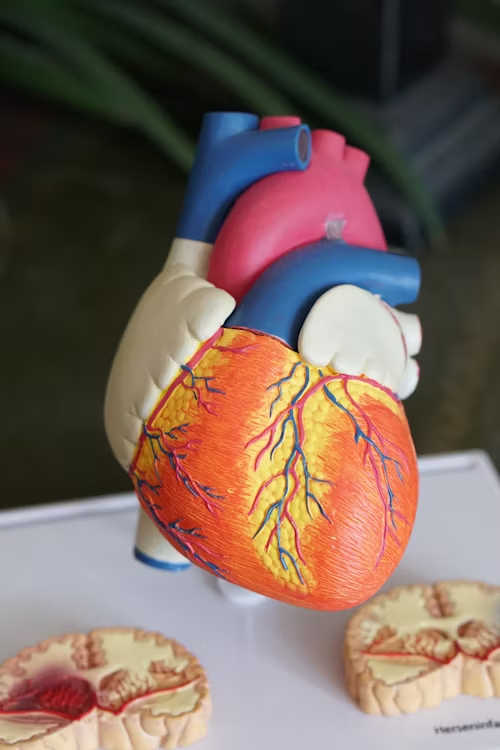Allergies affect millions of people worldwide and can range from mild to severe. Understanding the basics of allergies can help you identify triggers, manage symptoms, and improve your quality of life. Explore the following key aspects of allergies:
1. Types of Allergies
Allergies can manifest in various forms, including:
- Seasonal Allergies: Triggered by pollen from trees, grasses, and weeds.
- Food Allergies: Reactions to specific foods like peanuts, shellfish, or dairy products.
- Skin Allergies: Contact dermatitis or reactions to substances like latex or certain metals.
- Allergic Rhinitis: Commonly known as hay fever, causing symptoms like sneezing, runny nose, and itchy eyes.
2. Common Symptoms
Symptoms of allergies can vary depending on the type and severity, but may include:
- Sneezing
- Runny or stuffy nose
- Itchy or watery eyes
- Skin rashes or hives
- Digestive issues (in the case of food allergies)
- Shortness of breath or wheezing (in severe cases)
3. Causes and Triggers
Allergic reactions occur when the immune system overreacts to substances (allergens) that are typically harmless to others. Common allergens include pollen, pet dander, dust mites, mold spores, certain foods, and insect stings.
4. Diagnosis and Testing
Diagnosing allergies often involves a combination of medical history review, allergy testing (such as skin prick tests or blood tests), and symptom evaluation. Identifying specific allergens can guide treatment and avoidance strategies.
5. Treatment and Management
- Medications: Antihistamines, decongestants, nasal sprays, and allergy shots (immunotherapy) can help manage symptoms and reduce immune system reactions.
- Allergen Avoidance: Taking steps to minimize exposure to known allergens, such as using air purifiers, keeping indoor spaces clean, and avoiding trigger foods.
- Emergency Care: Individuals with severe allergies (anaphylaxis) may require emergency epinephrine injections and immediate medical attention.
6. Living with Allergies
- Educate yourself and others about your allergies to prevent accidental exposure.
- Create an allergy action plan with your healthcare provider, especially if you have severe allergies.
- Stay informed about new treatments and allergy management strategies.
Conclusion
Managing allergies effectively involves understanding triggers, recognizing symptoms, and working closely with healthcare providers to develop a personalized treatment plan. By taking proactive steps to control allergies, you can minimize symptoms and enjoy a healthier, more comfortable life.
Explore more articles and resources on allergies at MediHub to empower yourself with knowledge and support for managing allergies effectively.





